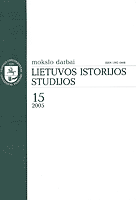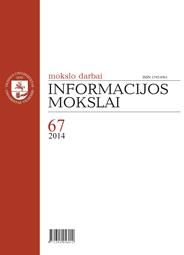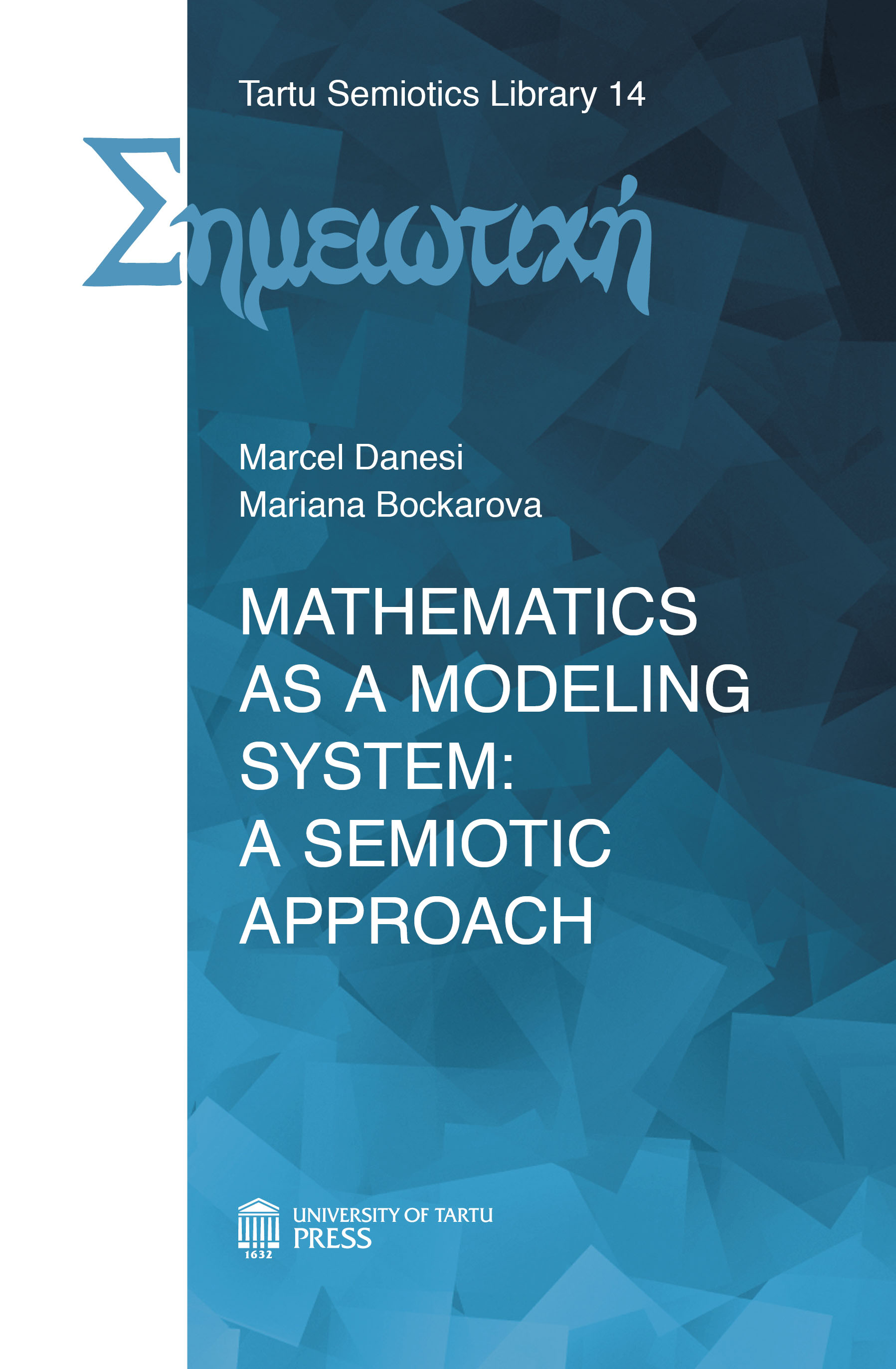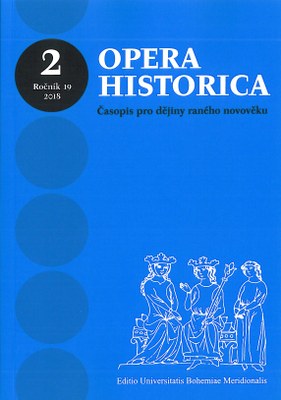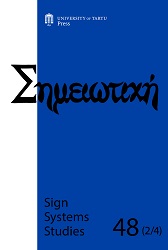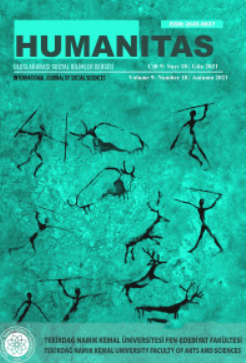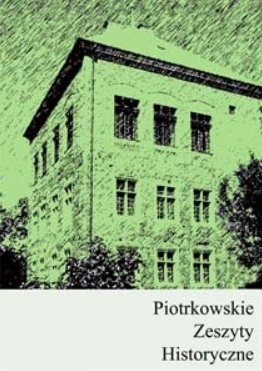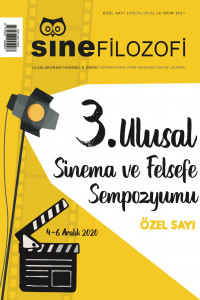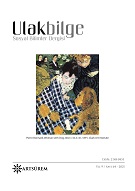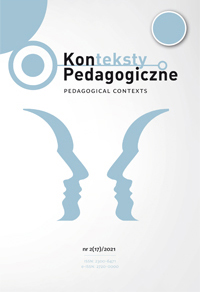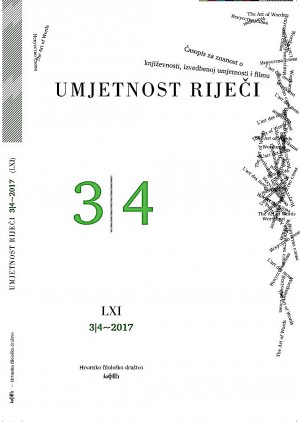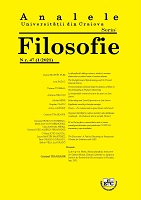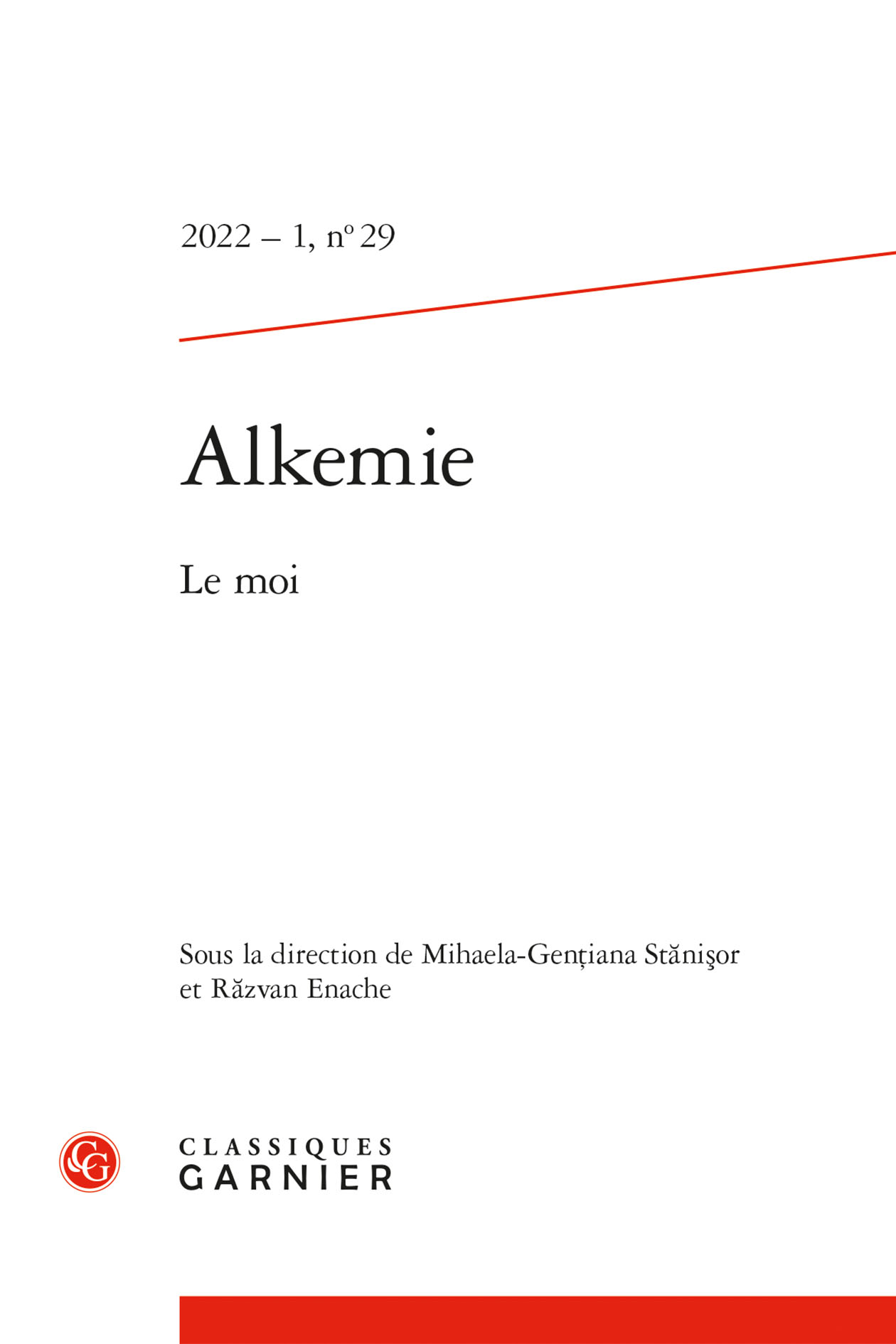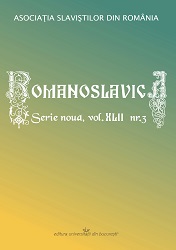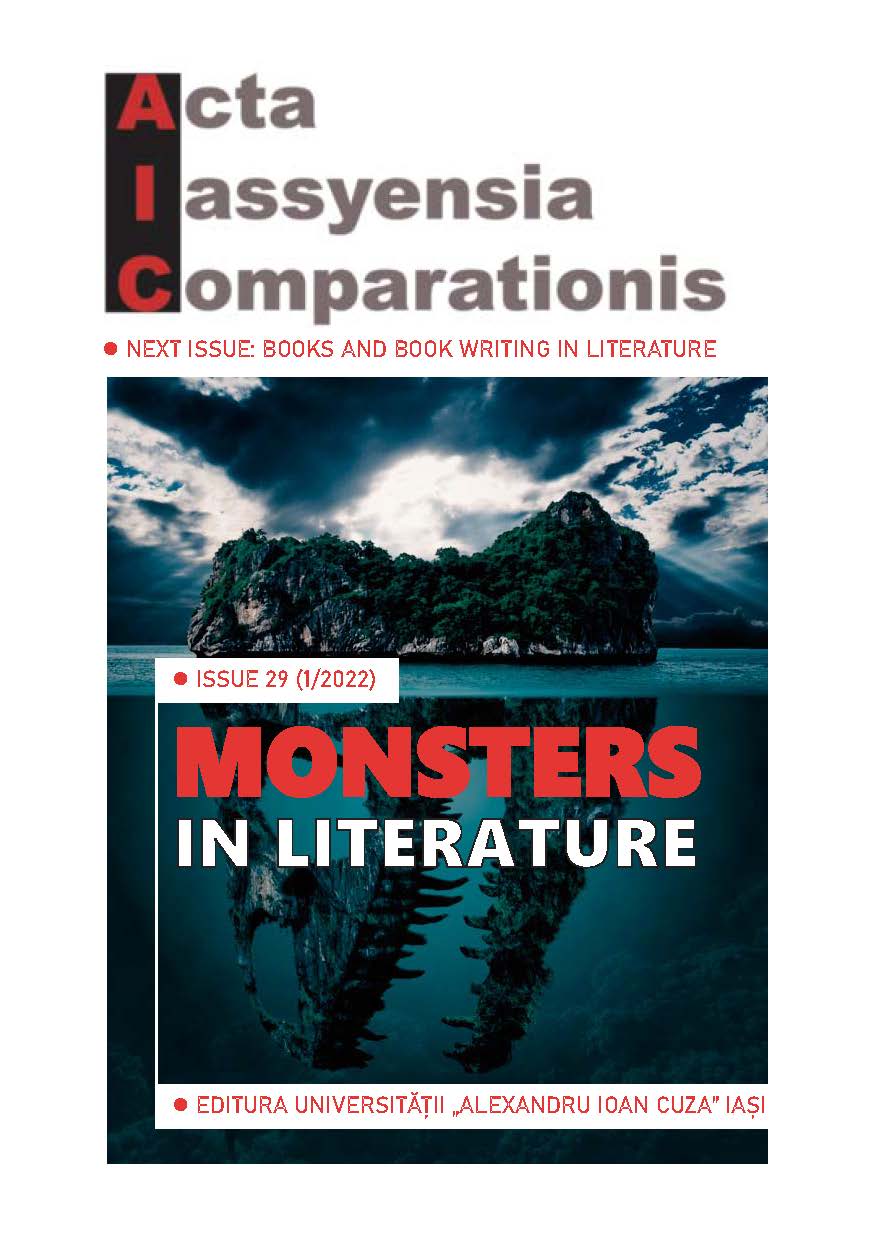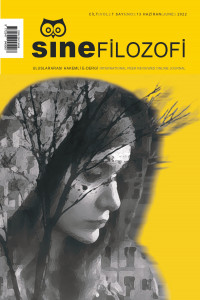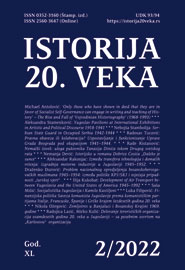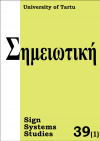
Designing a semiotic-based approach to intercultural training
Designing a semiotic-based approach to intercultural training
This exploratory enquiry seeks to examine the largely unexplored potential of semiotics for intercultural training and education. The proposed threepart discussion describes the process by which semiotic theoretical principles were selected and progressively refined into an applied model which was then piloted through a 2007 research initiative entitled Tools for Cultural Development. The case study involved six groups of French and Australian trainees from both the academic and professional sectors, in collaboration with university, government and community partners. The first part of the article summarizes a review of the literature on approaches to cultural competence training. The study then outlines the transcoding process by which the stated objectives of intercultural education were reformulated in semiotic terms, particularly in reference to cultural semiotics on which the theoretical core of the applied model was subsequently based. Relevant principles from other semiotic schools as well as similar theoretical and methodological stances in the social sciences reinforced the established body of theory for the training design. The third part of the study discusses the process by which semiotic principles were further defined as skill-based outcomes and goals for workshop implementation. This pragmatic defining process facilitated development of questionnaires and surveys, thereby allowing participants to evaluate the training experience by examining their perceptions about the workshop outcomes at the beginning and end of the sessions. This article presents the quantitative results of the evaluation and, in discussing the gains and limits of data obtained, provides the context for a follow-up article on the qualitative findings of the study.
More...
